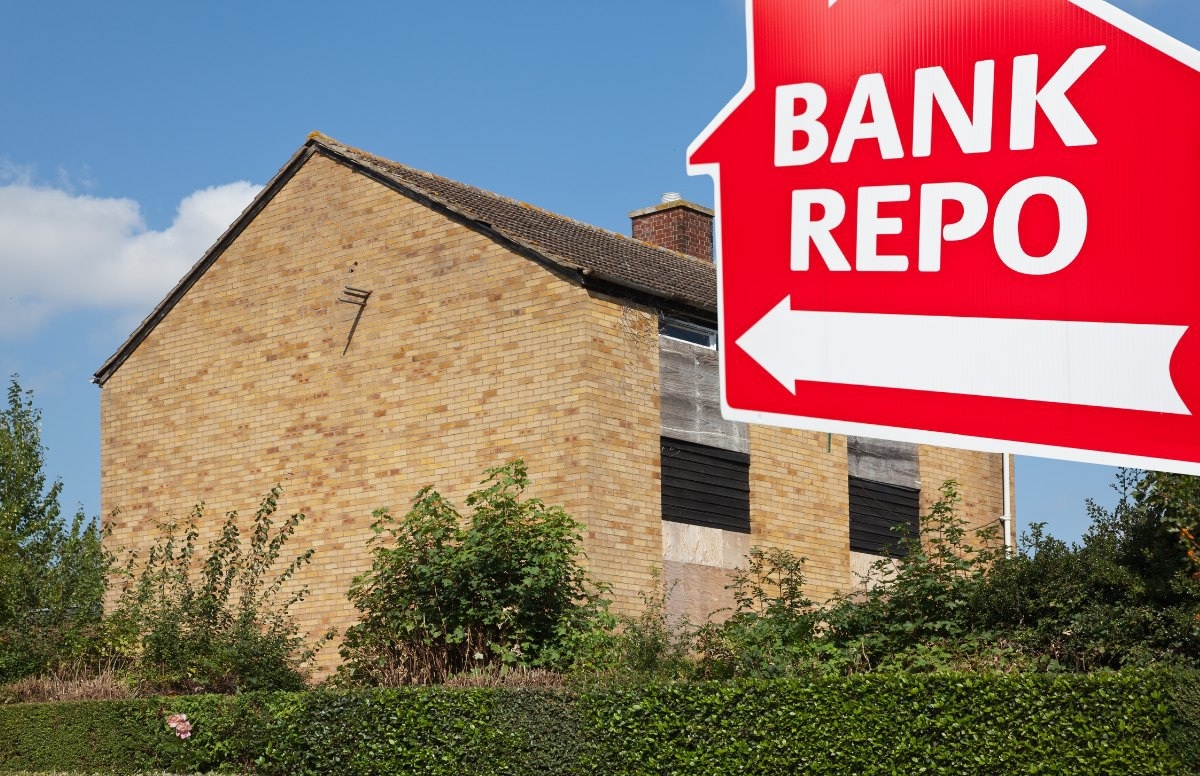Capital Gains Tax (CGT) in South Africa is a tax on the profit (or gain) realized when you dispose of an asset, such as property, shares, or other investments, for a price higher than the purchase price. It is part of the Income Tax Act and is payable when you realize a gain rather than when the asset appreciates in value.
When CGT Applies:
1. Disposal of an Asset:
CGT is triggered when you dispose of an asset. Disposal includes selling, donating, exchanging, or transferring ownership.
2. Capital Nature of the Asset:
The asset must be of a capital nature, meaning it was not held as trading stock (e.g., shares held for investment purposes rather than trading).
3. Exclusions and Thresholds:
Certain transactions and gains are excluded from CGT, such as:
The first R2 million gain on the disposal of a primary residence.
Personal-use assets like cars and furniture (not for investment).
Gains on certain small business assets.
Retirement funds, life insurance policies, and tax-free savings accounts.
4. Annual Exemption:
For individuals, the first R40,000 of capital gains per tax year is excluded.
5. Specific Scenarios:
CGT applies to assets held both locally and internationally by South African tax residents. For non-residents, it only applies to immovable property or assets of a permanent establishment in South Africa.
CGT Rate in South Africa (2024):
The inclusion rate is a percentage of the gain added to your taxable income, taxed at your marginal income tax rate:
Individuals: 40% inclusion rate (effective tax rate of up to 18%).
Companies: 80% inclusion rate (effective tax rate of 22.4%).
Trusts: 80% inclusion rate (effective tax rate of 36%).
Example:
If you sell an asset for R1,000,000 that you originally purchased for R600,000, your capital gain is R400,000. After applying exemptions and inclusion rates, the taxable portion is added to your income for the year and taxed at your




















